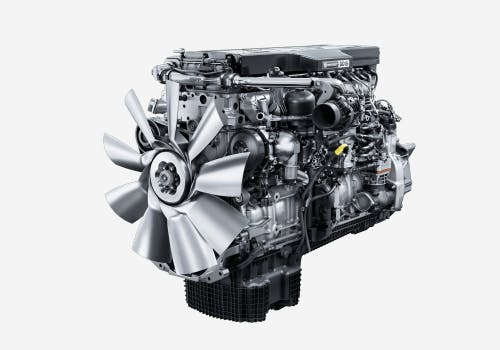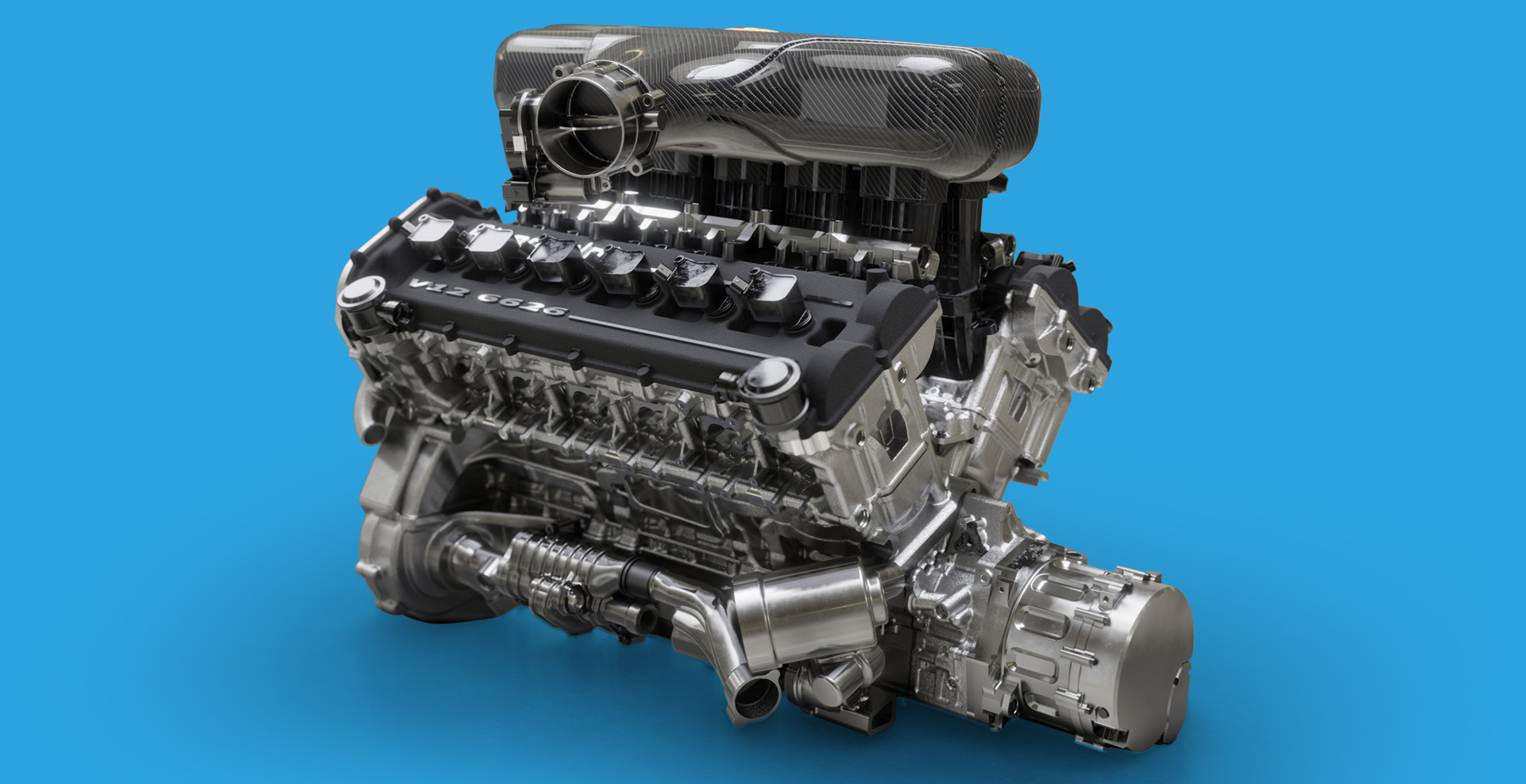Enhance Your Fleet with Engines For Africa's Option
Enhance Your Fleet with Engines For Africa's Option
Blog Article
A Total Overview to Selecting the Right Engine for Your Task
Picking the suitable engine for your job is a critical choice that can considerably impact its total success. Each of these aspects plays a crucial duty in making certain that your selected engine not only fulfills immediate goals yet likewise lines up with long-lasting goals.
Define Your Task Requirements
Defining your task needs is an important action in choosing the suitable engine for effective implementation. An extensive understanding of your task's purposes will certainly assist you in identifying the features and capabilities needed from an engine. Begin by outlining the scope of your job, including the wanted performance, target market, and the certain results you aim to achieve.
Next, take into consideration the technical demands that line up with your job objectives. This consists of reviewing the compatibility of the engine with existing systems, in addition to the programs languages and structures that will certainly be used. Additionally, assess the degree of scalability called for to accommodate future development or adjustments in demand.
Budget plan restraints additionally play an essential function in defining your job needs. Develop a clear financial framework to direct your decision-making process, ensuring that the engine picked fits within your budget plan while offering the needed performance.
Evaluate Efficiency Demands

Next, take into consideration the scalability of the engine. Evaluate whether it can take care of enhanced work as your task expands. Engines that support straight scaling are usually more suitable for larger applications. Additionally, review the engine's efficiency under different conditions, such as peak use circumstances, to guarantee it meets your reliability requirements.
Think About Ease of Use
While technological specifications are essential, the simplicity of use of an engine can significantly impact the development process and overall project success. An user-friendly interface, clear documents, and streamlined workflows can considerably reduce the discovering contour for programmers, allowing them to concentrate on creativity and analytical instead of coming to grips with facility devices.
When evaluating an engine's ease of usage, consider the onboarding experience. A well-structured introduction, full with tutorials and sample projects, can promote a smoother shift for brand-new customers. Furthermore, the clarity and comprehensiveness of the engine's documentation play a vital duty; extensive overviews and API recommendations can equip designers to fix and implement features efficiently.
An additional aspect to consider is the engine's customization capacities. An look here engine that permits for very easy adjustments can be more easy to use, as programmers can tailor it to fit their certain requirements without website link extensive problem. Examine the workflow combination with tools and systems you currently use. A natural environment can boost productivity and lower friction during the development process. Ultimately, choosing an engine that prioritizes simplicity of use can bring about a much more productive and satisfying advancement experience.
Assess Area and Assistance
The strength of an engine's neighborhood and assistance network can greatly influence a developer's experience and success. A vibrant community frequently indicates a wealth of common knowledge, sources, and troubleshooting aid that can boost your task's growth procedure. When assessing an engine, consider the size and activity degree of its community. Bigger areas typically provide more online forums, tutorials, and third-party plugins, allowing developers to discover services extra efficiently.
In addition, examine the accessibility of official support channels. Reliable documents, receptive customer assistance, and normal updates are crucial for attending to technical issues and keeping your project on the right track. Engines For Africa. Energetic communities also cultivate partnership, giving chances for networking and comments, which can be very useful, especially for small groups or independent developers
Additionally, check out the existence of community-run events, such as hackathons or meetups. These celebrations can enhance your understanding of the engine while linking you with possible collaborators and knowledgeable users. In recap, a robust neighborhood and support group not just simplify advancement but likewise develop an atmosphere for finding out and technology, eventually enhancing the likelihood of your project's success.
Compare Price and Licensing Choices
Spending plan factors to consider play a crucial duty in selecting the ideal engine for your job, as the expense and licensing options can considerably affect both short-term expenditures and lasting viability. Engines For Africa. Various engines continue reading this provide differing pricing frameworks, which can consist of single acquisition costs, membership models, or revenue-sharing arrangements based upon your project's incomes

Certifying choices likewise vary substantially. Some engines are open-source, offering flexibility and community-driven assistance, while others may need proprietary licenses that restrict usage and distribution. Recognizing the implications of each licensing version is crucial, as it influences ownership legal rights, future scalability, and possible lawful obligations.
Final Thought
Finally, picking the ideal engine for a task demands a comprehensive analysis of defined project demands, performance requirements, simplicity of use, neighborhood assistance, and price factors to consider. By methodically dealing with these essential variables, decision-makers can guarantee positioning with both future and existing task demands. A knowledgeable selection eventually improves the probability of project success, allowing efficient resource allowance and making best use of prospective outcomes within the defined budgetary restrictions.
Choosing the ideal engine for your task is an important choice that can considerably affect its general success.Specifying your job needs is a vital action in choosing the suitable engine for successful application. A comprehensive understanding of your job's purposes will certainly assist you in identifying the attributes and capacities required from an engine.When you have a clear understanding of your job needs, the next action is to assess the performance requirements of the engine.In verdict, choosing the suitable engine for a task demands a complete evaluation of defined project demands, performance demands, convenience of use, neighborhood assistance, and price considerations.
Report this page